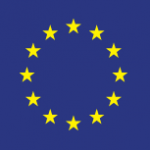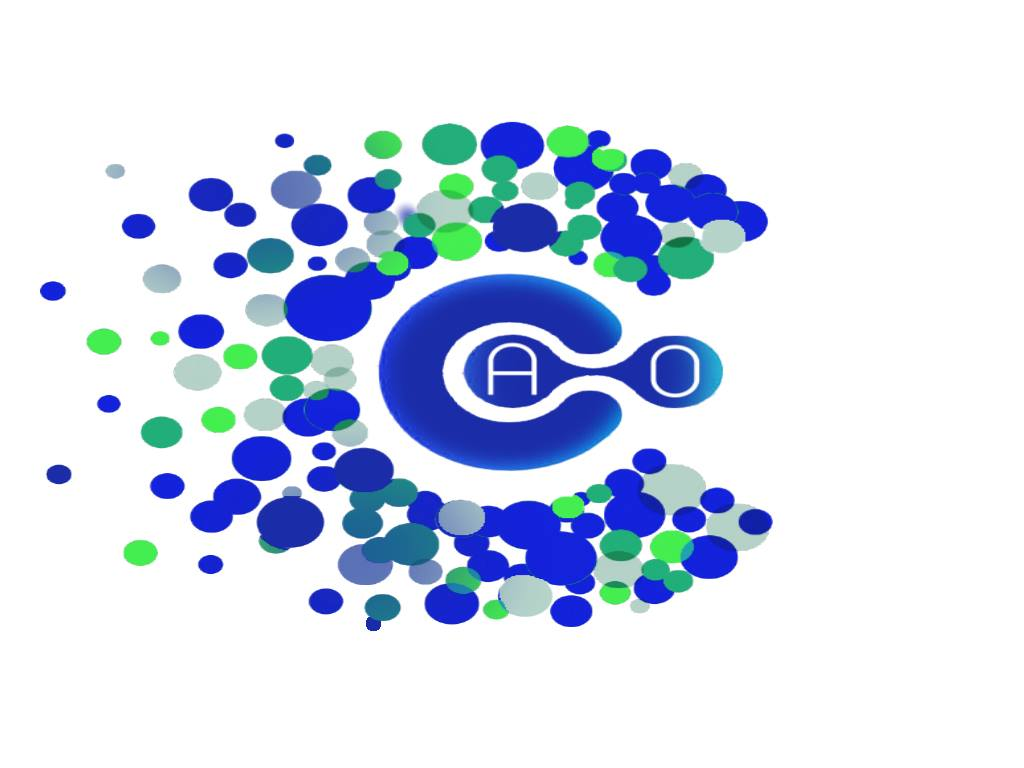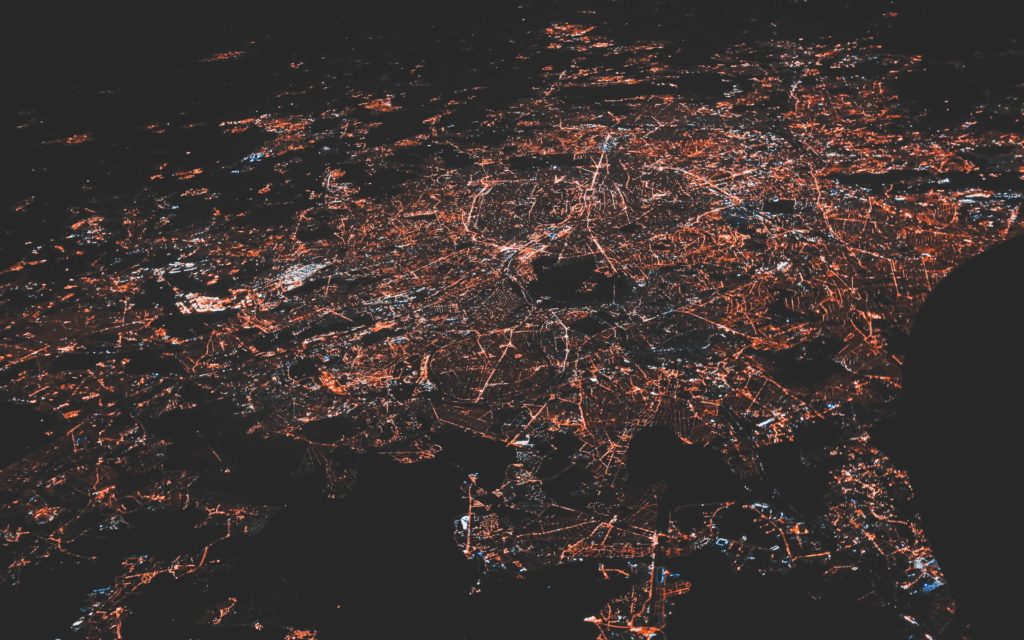POCITYF
ABOUT
Involving cities with heritage sites in Europe’s renewable energy transition. This is the mission of the EU-funded smart city project POCITYF.
Objectives
DEMONSTRATE in the two Light house cities:
- solutions at building and district level that enable the increase of energy self-consumption, energy savings and high share of locally produced renewable energy. This will lead to the deployment of positive energy districts (PEDs) located in mixed use urban districts, including cultural heritage ones.
- P2P energy management and storage solutions supporting grid flexibility and curtailment reduction
- the integration of electro-mobility solutions as an enabler to grid flexibility
- the integration of the latest generation of ICT solutions within existing city platforms
- active citizen engagement services and solutions providing an open innovation ecosystem for citizens to participate in co-creation, decision making, planning and problem solving
REPLICATE the solutions in the Light house cities, in the fellow cities and in many other EU cities. To facilitate this task the following actions will be undertaken:
- Identify related regulatory barriers, legal aspects and data security/protection and propose practical recommendations on how to overcome them.
- Design bankable business models and robust investment concepts that consider the whole PED lifecycle, and test them to reduce technical and financial risks for investors
- Strengthening the links and cooperative innovation with other Smart Cities and Communities Projects and establishing connections with cities ranging in size, geography, climatic zones and economic situations
CREATE and coordinate a network of smart cities for cultural heritage areas.
According to the Historic Urban Landscape Approach adopted by UNESCO, urban heritage constitutes a key resource in enhancing the liveability of urban areas as it represents a source of social cohesion, combining factors of diversity and drivers of creativity, innovation and urban regeneration. By adapting to the Historic Urban Landscape Approach, POCITYF seeks to increase the sustainability of planning and design interventions by considering the existing built environment, intangible heritage, cultural diversity, socio-economic and environmental factors along with local community values.
Project Consortium
POCITYF’s consortium, led by EDP Labelec, is formed by 46 partners from 13 countries: Portugal, Spain, Italy, Germany, Greece, The Netherlands, Slovenia, Hungary, Denmark, Finland, Austria, Belgium and Switzerland.

Full title: A POsitive Energy CITY Transformation Framework
This project has received funding from the European Union’s Horizon 2020 research and Innovation programme under grant agreement N° 864400.
Start-End Date: 01/10/2019 – 30/09/2024


